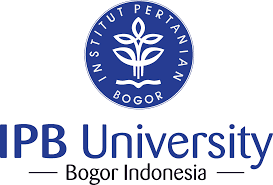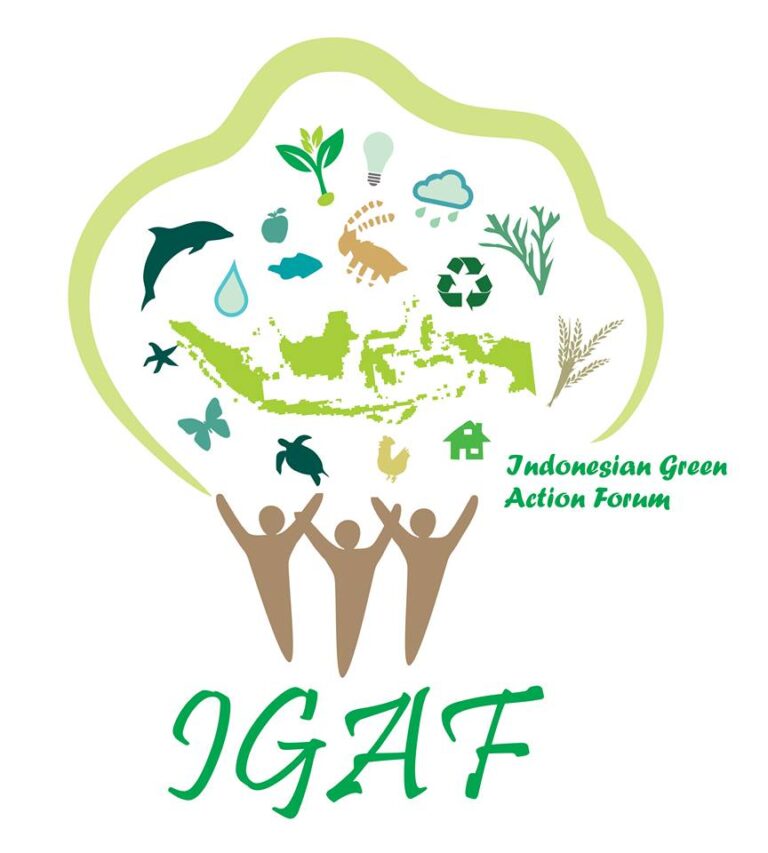About this project
This Project is entitled "Wooden and Bamboo-based Utensils as An Alternative to Beat Plastic Pollution," which provides bio-based products from lignocellulose sources, such as wood and bamboo, for kitchen utensils. Some of the targeted kitchen utensils that will be fabricated in this Project include: cutlery, mug, tumbler, plate, bowl, and coaster. The utensils will be manufactured by small and medium enterprises in Mlonggo, Jepara, Indonesia, engaging local wood and bamboo industries, to provide an alternative to replace human dependency on the use of synthetic plastic-based utensils, which are chemically harmful and toxic, not biodegradable, and unsustainable. Processed using traditional knowledge of Jepara's wood carving, the utensils will be very aesthetic, and niche markets will be targeted for the products. This Project will be managed by the Indonesian Green Action Forum (IGAF) and will be run for 12 months with the support of the Youth for Water and Climate Secretariat. Within the period, this Project is expected to reach about 500 consumers in Indonesia.
Goals and Objectives
The goals of this Project are to reduce human dependency on the daily use of fossil fuel-based plastics in kitchen utensils and promote Indonesian novel, green, aesthetic, and cultural bamboo and wood-based kitchen utensils as a boosting mechanism for small and medium enterprises. The objectives of this Project are to reduce synthetic plastics use in Indonesia by replacing them with biomass or lignocellulose-based materials, to beat plastic pollution in terrestrial and ocean environments, and to normalise the production and use of eco-friendly, biodegradable, and sustainable bamboo and wood materials for daily purposes.
The beneficiaries of this Project are the project management team from the Indonesian Green Action Forum and local communities in Jepara Regency that have wood and bamboo industries. Besides them, Indonesian consumers who are interested in green lifestyles are also the targeted beneficiaries for this Project. They are chosen because they are the primary beneficiaries, directly involved in our supply chain process to produce bamboo and wood-based kitchen utensils. They benefit from our products by utilizing eco-friendly utensils, producing them for sale, and marketing them to gain profit. After this Project is finished, its impacts and sustainability are anticipated to be highly considered through potential additional partnerships, seeking exit strategies, incorporating a business model, and so forth. We would also like to replicate and expand this Project in other regions in Indonesia.
Expected result
The expected results of this Project are:
1. Engagement of 1 or 2 local small and medium industries in Jepara regency to manufacture kitchen utensils using bamboo and wood,
2. Production of 100 sets of kitchen utensils (fork, spoon, bowl, plate, mug, tumbler, coasters, etc) traded in a market niche,
3. Engaging 200 IPB University students to be educated on the production of green and multiple-use kitchen utensils and potential collaboration in the design, production, and marketing process.
We have the experience and capacity to monitor and evaluate this project. We will conduct M&E to investigate the relevancy, effectiveness, efficiency, impact, sustainability, and progress towards results.
Partners


About me / organisation
Achmad S.
Achmad Solikhin is a young researcher from Jepara, Central Java, Indonesia, who co-founded the Indonesian Green Action Forum (IGAF) in 2013 with two fellow young colleagues. Through his platform, about 10,000 children and youths have been engaged to fight environmental destruction. His research interests span from new technologies for food, agriculture, forestry, and the environment, to studying the Southeast Asian region.
Website Website